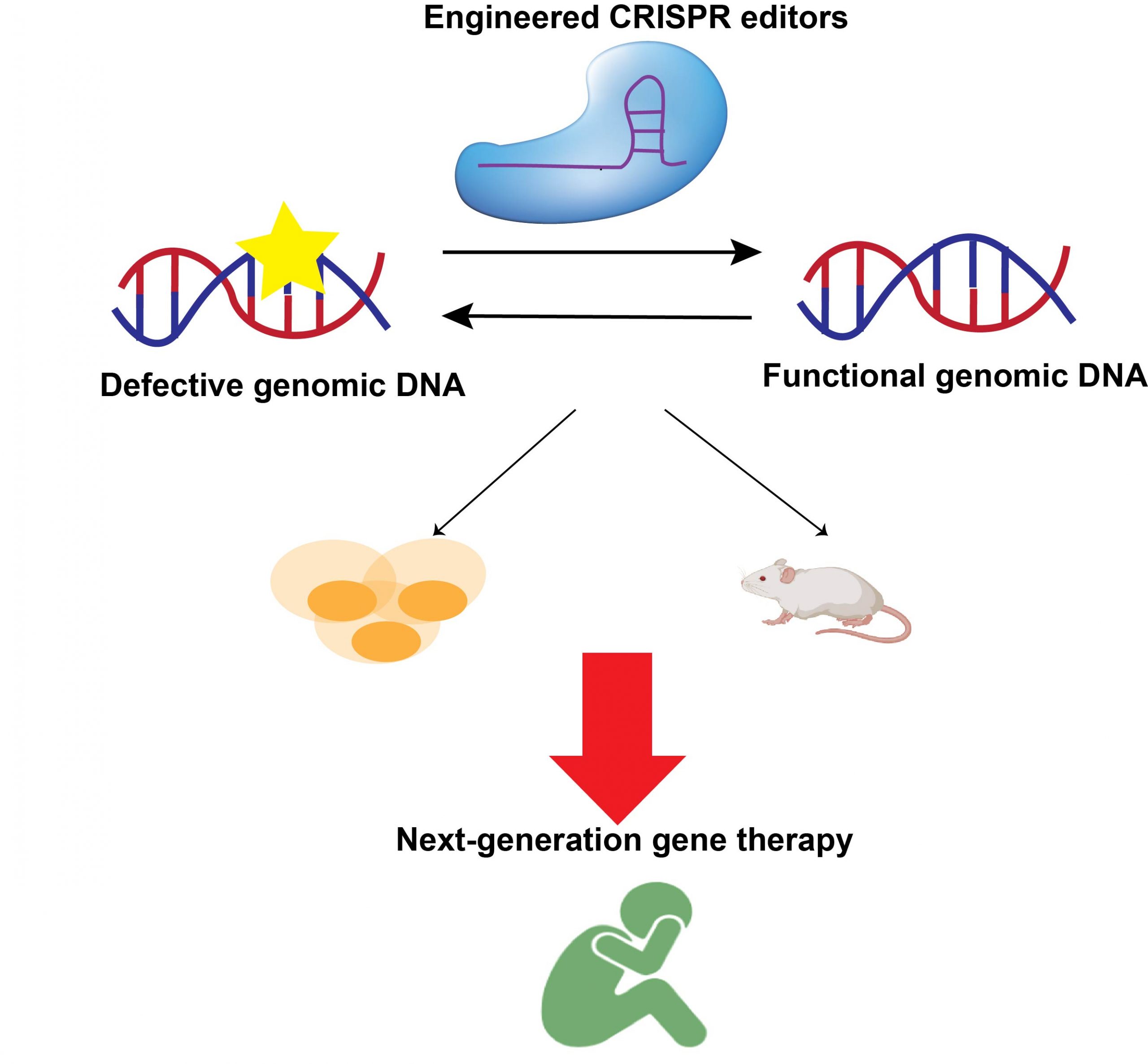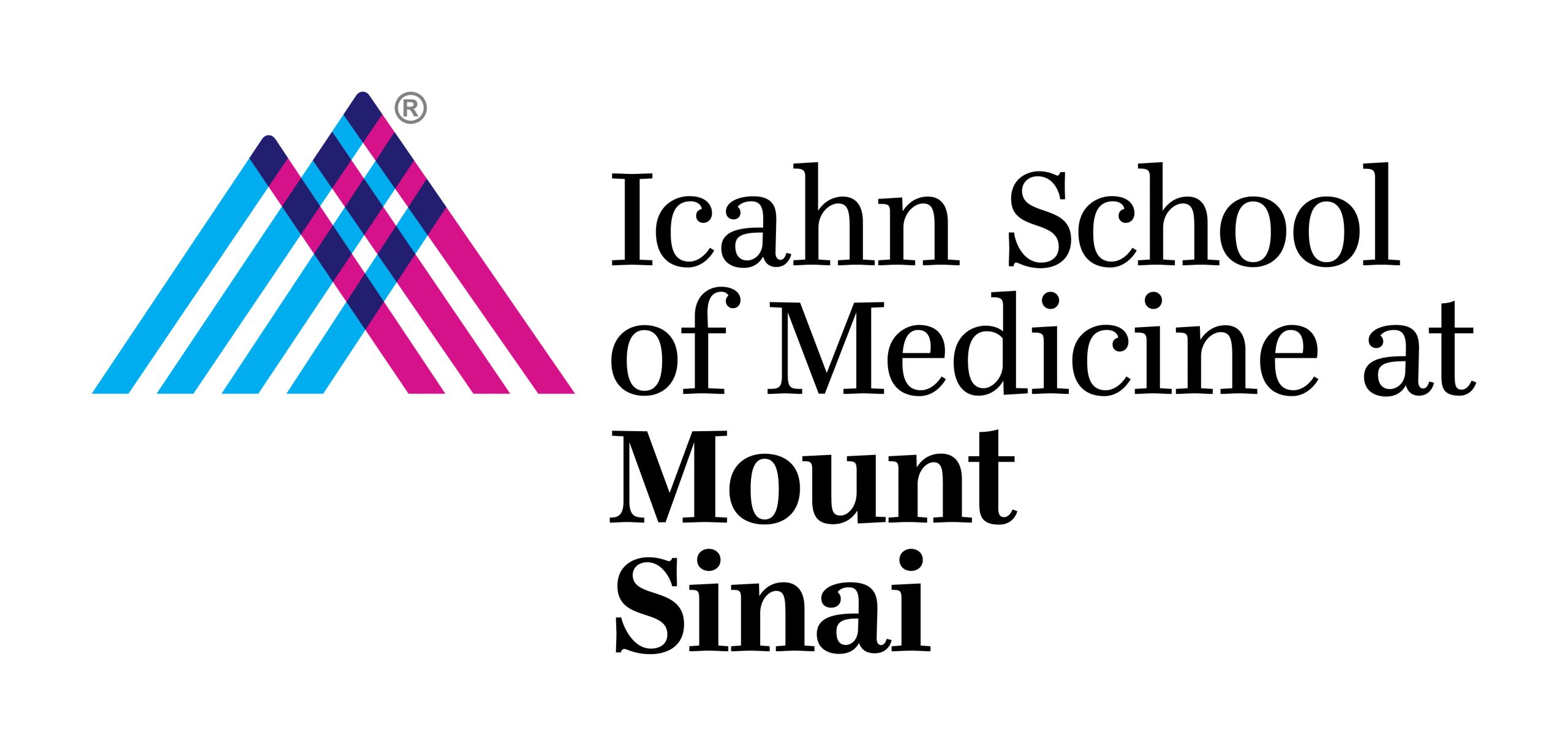THE JIANG LAB
Evolving genome editing tools into next-generation gene therapies
Human genetic diseases are directly caused or driven by mutations in the causative genes or driver genes. These mutations can be grouped into actionable and unactionable ones. Actionable mutations result in protein variants that can be treated or corrected with small-molecule drugs. However, the patients bearing the unactionable mutants do not have any effective targeted therapy options. We are particularly interested in exploring targeted therapies for treating unactionable mutants.
CRISPR-based genome editing techniques hold great promise to treat those unactionable disease-causing mutations. Indeed, our previous works have engineered versatile CRISPR-based gene editing tools to precisely correct different types of untreatable disease-causing mutations, including point mutation (Song and Jiang, Nat Biomed Eng, 2020; Jiang, Nat Commun, 2020) and large genomic insertion (Jiang, Nat Biotechnol, 2022), and delivered these editing agents into the disease mouse models to rescue the corresponding phenotypes. Besides using CRISPR as treatment, we utilized CRISPR as a research tool to unbiasedly identify potential therapeutic targets in liver cancer (Hepatology, 2021).
 Our lab will continue to develop advanced genome editing tools to accurately correct the causative genetic mutations or reprogram the defective DNA sequences to restore the functional domains. Moreover, taking advantage of versatile CRISPR tools, we will introduce disease-associated mutations in vitro or in vivo, modeling the disease pathogenesis pathways driven by these mutations, to facilitate the potential therapeutic targets discovery for treating complex genetic diseases, such as cancers. Further, utilizing those clinically-relevant in vivo delivery methods (e.g. AAV and nanoparticles), we will evolve our newly-engineered editing tools into gene therapy strategies to treat different mouse models. In all, by rewriting the defective genes, we will explore next-generation gene therapies for those untreatable human genetic diseases.
Our lab will continue to develop advanced genome editing tools to accurately correct the causative genetic mutations or reprogram the defective DNA sequences to restore the functional domains. Moreover, taking advantage of versatile CRISPR tools, we will introduce disease-associated mutations in vitro or in vivo, modeling the disease pathogenesis pathways driven by these mutations, to facilitate the potential therapeutic targets discovery for treating complex genetic diseases, such as cancers. Further, utilizing those clinically-relevant in vivo delivery methods (e.g. AAV and nanoparticles), we will evolve our newly-engineered editing tools into gene therapy strategies to treat different mouse models. In all, by rewriting the defective genes, we will explore next-generation gene therapies for those untreatable human genetic diseases.
